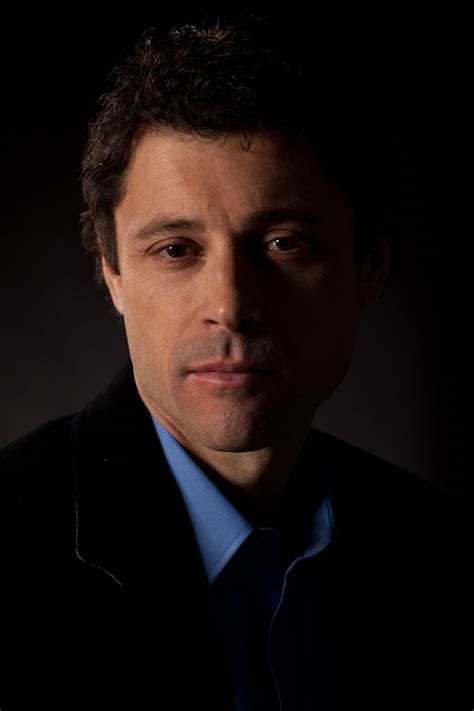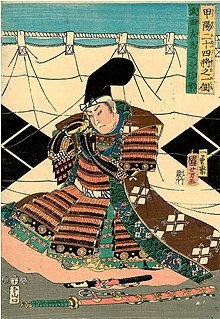A Quote by Thomas Jefferson
Every man cannot have his way in all things. If his opinion prevails at some times, he should acquiesce on seeing that of others preponderate at other times. Without this mutual disposition we are disjointed individuals, but not a society.
Related Quotes
Man cannot be exempted from his divinely-imposed obligations toward civil society, and the representatives of authority have the right to coerce him when he refuses without reason to do his duty. Society, on the other hand, cannot defraud man of his God-granted right... Nor can society systematically void these rights by making their use impossible.
Men and women are made for each other, but their mutual dependence differs in degrees; man is dependent on woman through his desires; woman is dependent on man through her desires and also through her needs; he could do without her better than she can do without him. She cannot fulfill her purpose in life without his aid, without his goodwill, without his respect.....Nature herself has decreed that woman, both for herself and her children, should be at the mercy of man s judgment.
Man in his raw, natural state as he comes from the womb is morally and spiritually corrupt in disposition and character. Every part of his being-his mind, his will, his emotions, his affections, his conscience, his body-has been affected by sin (this is what is meant by the doctrine of total depravity)
A man of genuine literary genius, since he possesses a temperament whose susceptibilities are of wider area than those of any other, is inevitably of all people the one most variously affected by his surroundings. And it is he, in consequence, who of all people most faithfully and compactly exhibits the impress of his times and his times' tendencies, not merely in his writings where it conceivably might be just predetermined affectation but in his personality.
A tutor should not be continually thundering instruction into the ears of his pupil, as if he were pouring it through a funnel, but, after having put the lad, like a young horse, on a trot, before him, to observe his paces, and see what he is able to perform, should, according to the extent of his capacity, induce him to taste, to distinguish, and to find out things for himself; sometimes opening the way, at other times leaving it for him to open; and by abating or increasing his own pace, accommodate his precepts to the capacity of his pupil.
In the absence of government each man learns to think, to act for himself, without counting on the support of an outside force which, however vigilant one supposes it to be, can never answer all social needs. Man, thus accustomed to seek his well-being only through his own efforts, raises himself in his own opinion as he does in the opinion of others; his soul becomes larger and stronger at the same time.
I believe that the unity of man as opposed to other living things derives from the fact that man is the conscious life of himself. Man is conscious of himself, of his future, which is
death, of his smallness, of his impotence; he is aware of others as others; man is in nature, subject to its laws even if he transcends it with his thought.
The weakling and the coward cannot be saved by honesty alone; but without honesty the brave and able man is merely a civic wild beast who should be hunted down by every lover of righteousness. No man who is corrupt, no man who condones corruption in others, can possibly do his duty by the community.
































